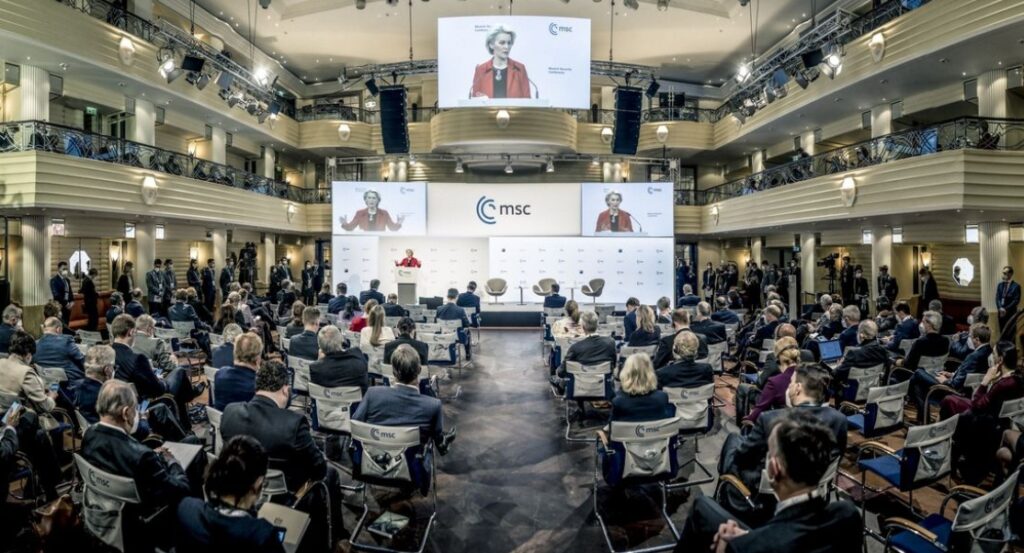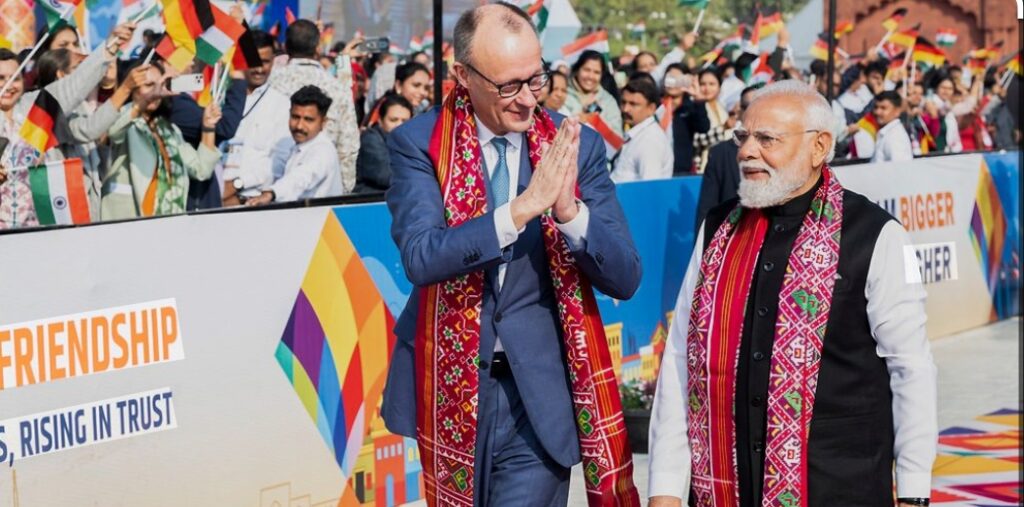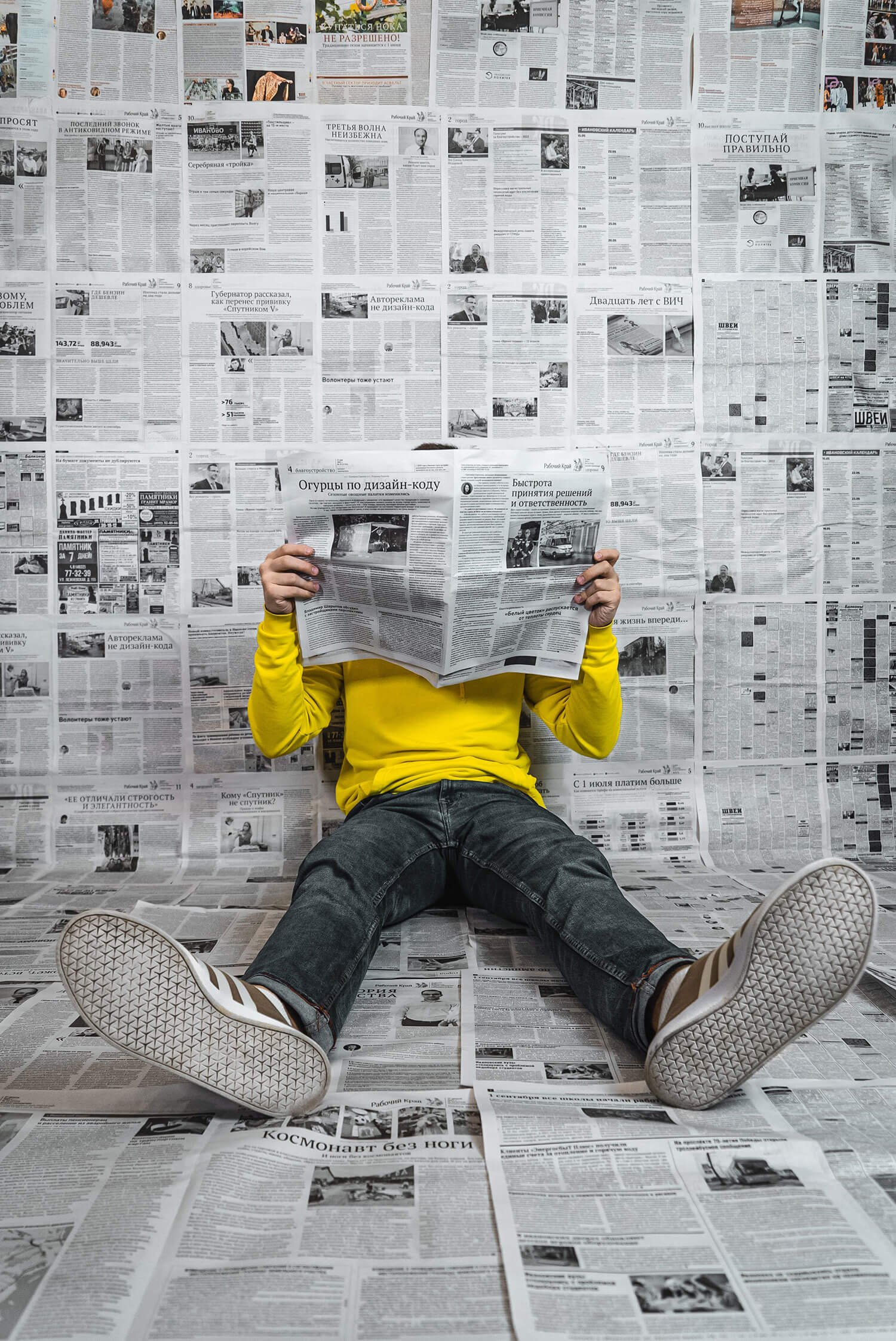It is either “TikTok protects the children of Albania, or Albania will protect its children from TikTok,”- Edi Rama

In just the past month, TikTok and its Chinese parent company, ByteDance, have asked the Supreme Court to overturn a law that would force the app to be sold or banned in the United States, where around 150 million people use it.
On the other hand, several countries have put up charges against its use. Recently, Russia fined TikTok for failing to remove prohibited content, Romanian presidential election results were thrown out due to concerns the app had been used to spread foreign influence, and Albania banned TikTok for a year after a teenager was stabbed to death by another user after the two got into an online argument.
Edi Rama, the prime minister of Alabania on his Twitter page insists that, either “TikTok protects the children of Albania, or Albania will protect its children from TikTok,”
Governments have become concerned about TikTok’s connections to China and its widespread appeal, particularly among youth, the app has faced legal and political scrutiny globally in recent years, leading to whole or partial bans in at least 20 nations.
Even with the increased attention, TikTok is still quite popular all around the world. Every month, the app is used by over a billion users. The unique feature of TikTok is its in-house algorithm, which suggests a steady flow of content—mostly brief videos—that is designed to keep users scrolling. In 2016, ByteDance invented the technique with Douyin, the sister app of TikTok, which is now one of the most downloaded apps in China and accounts for most of the company’s earnings. ByteDance started TikTok in 2017 because they believed it would be popular abroad. But as TikTok’s algorithm gained international notice, politicians expressed concern, claiming that the platform has swiftly evolved from a space for cat videos and dancing fads to a potentially disruptive social, political, and economic force.
Officials from Montana to New Zealand have warned that TikTok could be used to incite violence, spread false information and worsen mental health. Lawmakers also worry TikTok could share user data like location and browsing history with the Chinese government. Young people need to be protected from “the frightening pitfalls of the algorithm,” said Mr. Rama, the Albanian prime minister.
However, TikTok has insisted that the concerns are overblown and that it has teams dedicated to combating influence operations, whose work it makes public, the company said in a statement. TikTok’s algorithm, which it aims to “maintain content neutrality,” ranks content based on what users express interest in, the company said.









